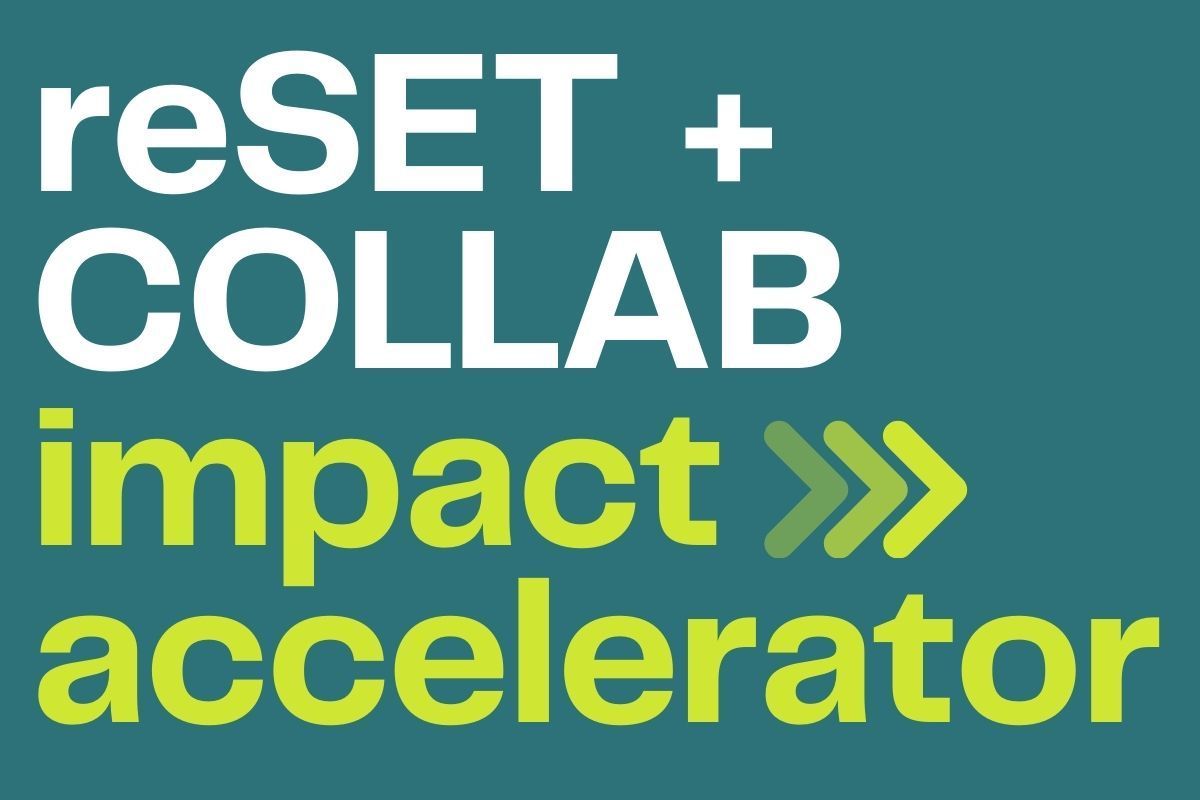The legislature took action on a number of business-related measures in the final days of the 2014 session. Next week, we will report in detail on each key issue area, and provide a final Status Report of business legislation since the start of the session in February.
Here is a short review of bills, approved in the final days of the 2014 session, with an impact on state businesses:
Aerospace Industry
In the penultimate week of the session, lawmakers approved the Aerospace Reinvestment Act (HB 5465), which will solidify Connecticut’s position as a leader in aerospace research, development and manufacturing. Specifically, the legislation will enable the state’s largest manufacturer, United Technologies, to grow and expand in Connecticut, in the process buoying thousands of smaller manufacturers that provide the company with products and services.
Apprenticeship Tax Credits
Responding to a critical need among manufacturers for more skilled talent to meet their growing workforce needs, the budget implementer (HB 5597) permits pass-through entities (s corporations, LLCs, LLPs and sole proprietorships) to earn apprenticeship tax credits for income years beginning on or after Jan. 1, 2015. The credits must be assigned, sold or transferred to taxpayers that are liable for the corporation business tax or premium tax; and they may not be transferred more than three times.
Benefit Corporations
The legislature paved the way for a new type of for-profit corporation. These new entities, known as benefit corporations, must legally create public benefits in addition to increasing shareholder value. The legislation provides specifics concerning several different aspects of B corporations including, but not limited to, a legacy preservation provision, minimum status voting requirements, obligations of the Board of Directors, and mergers and share exchanges. All of these provisions are contained in the budget implementer (HB 5597).
Budget
Facing an unexpected decline in revenues and a newly projected $285 million deficit for fiscal year 2015, the legislature approved a revised, $19 billion state budget. The budget (HB 5596) was approved mainly along party lines, with most Democrats supporting and all Republicans opposing.
A patchwork of fixes erases the budget gap, including funds shifted from various state accounts into the General Fund, optimistic estimates of new revenue and state agency efficiencies, and the delay or avoidance of other spending obligations.
Among other things, the revised budget addresses such priorities as early childhood education, higher education, job training, manufacturing, transportation, and aid for municipalities.
While the budget maneuvers addressed the gap for fiscal year 2015, Connecticut could face a much larger deficit for fiscal year 2016, which some project will be as high as $1.39 billion.
Lawmakers also increased state borrowing by approving a $953 million bonding package.
Brownfields
Efforts to improve Connecticut’s competitiveness as a place to cleanup and revitalize contaminated properties known as “brownfields” are enhanced in HB 5573. It increases the flexibility for owners of these properties to cleanup large parcels in phases, and exempts from the state’s Property Transfer Act building materials being removed or abated as part of a cleanup projects. DECD also will be allowed to forgive brownfield loans made to private developers under certain conditions.
Campaign Finance
Under SB 455, the Citizens Election Program (CEP) is modified by changing the cap on grants to candidates and how deposits are made into the fund. As amended, the bill requires that if the CEP receives funds from the state’s corporate tax it must deduct that amount from the payment it would receive the next year.
Electricity Consumer Protections
Residential electricity consumers will get several new protections through SB 2, although most of the bill’s final impacts will be determined through proceedings at the Public Utilities Regulatory Authority (PURA). The legislation also requires PURA to develop contract provisions between electric suppliers and residential customers and prohibits suppliers from raising rates for the first three billing cycles of new supplier contracts.
Electric suppliers will have to notify residential customers in advance of certain rate changes and limit cancelation or early termination fees. The bill prohibits and restricts certain marketing practices and requires PURA to implement additional standards governing abusive switching practices, telemarketing, door-to-door sales, and the hiring and training of sales representatives.
What’s more, the budget implementer (HB 5597) includes a section that mandates $4.5 million of settlement funds be deposited into an account in DEEP and requires that the money be used for consumer education, consumer assistant and enforcement activities related to electricity suppliers and providers.
Enterprise Zones
In an attempt to address two local economic issues, the legislature permitted the designation of two additional enterprise zones for a five year period in Thomaston and Wallingford. This measure can be found in the budget implementer (HB 5597)
Estate and Gift Tax
Double taxation where Connecticut’s estate and gift tax laws are concerned have been a problem for some time. Lawmakers took steps to stop that by requiring the Department of Revenue Services to grant credit for gift taxes paid when the gifts are drawn back into the estate.
False Health Claims
Several sections of HB 5597expand the state’s False Claims Act to all state Health and Human Services programs.
Fracking
Lawmakers approved a three-year moratorium on the storage, treatment, transfer or recycling of wastewaters from hydraulic fracking in Connecticut while DEEP develops additional regulations. Under SB 237, those regulations will have to include a provision eliminating a federal regulatory exemption concerning such wastewaters. The moratorium will remain until and unless the legislature’s Regulations Review Committee approves, and the Secretary of the State certifies, the DEEP regulations.
Health Benefit Mandates
Most of this year’s proposed health benefit mandates—which individually and collectively increase the cost of health insurance in Connecticut—were not adopted. However, legislators did approve SB 10, which was revised to include two mandates. Both of these provisions will cap copayments to certain healthcare services. While these requirements won’t be considered a new mandate under federal healthcare legislation—and thus not a direct cost to the state–they still will add to health insurance costs and require further modifications to health plans.
Healthcare Tax
Throughout the session, lawmakers were considering a new tax on self-insured employers and insurance carriers (which would have been passed through to small employers) to fund a state healthcare program called the State Innovation Model (SIM). At the last moment, the SIM tax contained in SB 21 was adopted as part of the revised state budget, but not before it was moved to a different set of employers.
The SIM tax version that was ultimately adopted requires the assessment to use the state Department of Insurance’s (DOI) existing funding mechanism—which will shift the burden to a different group of employers. CBIA will continue to work on the funding mechanism for SIM and advocate moving it from a tax on employers to a General Fund expenditure.
Historic Rehabilitation Tax Credits
The legislature approved DECD’s request to consolidate two historic structure rehabilitation tax credit programs available in Connecticut. They also specified that 70% of the historic homes rehabilitation tax credit program go to projects in regional centers. Both of these measures were contained in HB 5597.
Manufacturing Capital
A new Manufacturing Innovation Fund will help Connecticut manufacturers gain access to capital so they can modernize and grow, purchase equipment, develop new technologies, and support employee education and training programs. The legislation (SB 29) creates a Manufacturing Innovation Advisory Board and gives it a budget of $30 million to help qualified companies.
Another proposal, SB 232, increases the tax break manufacturers can receive when utilizing the state’s Manufacturing Reinvestment Account (MRA). In view of a tight budget year, the number of employers that can tap account was reduced to limit the impact on state finances.
Paid Sick Leave
Employers will gain some flexibility in administering the state’s paid sick leave law through HB 5269. The measure allows accumulation of the paid sick leave benefit to be tracked on a fiscal year, or any other 365-day basis, as with other employee benefits (current law restricts it to a calendar year basis.). It also makes paid sick leave consistent with family and medical leave in determining the number of employees in the business. Added to the bill was a provision prohibiting employers from terminating or dismissing employees to circumvent the law.
Port Authority
Many believe that Connecticut has an enormous opportunity to grow its economy if we can move aggressively to upgrade state seaports, and HB 5289 will create a quasi public state port authority to help accomplish that goal.
Recycling
SB 357 modifies the statewide waste management goal from “recycling not less than 25% of the solid waste generated in the state” to “diverting through source reduction, reuse and recycling, not less than 60% of the solid waste generated in the state.” To help achieve this goal, the bill replaces the current Connecticut Resources Recovery Authority with a new Materials Innovation and Recycling Authority.
The bill also increases the percentage of the state’s energy supplies to come from the state’s current trash to energy plants and requires new sustainable building code requirements for new state buildings. It also changes the name of the current Connecticut Energy Finance and Investment Authority (CEFIA), to the “Connecticut Green Bank” and eliminates the Connecticut Energy Advisory Board.
Retirement Plan Mandate
A proposal (SB 249) that would have mandated many Connecticut employers to facilitate their employees’ enrollment in a state-run retirement plan was changed and moved into another bill. UnderHB 5597, a newly created board will study the concept and take steps, including further legislative proposals, to implement it in the state by 2016.
Tax Study
All public officials agree that Connecticut needs to take a comprehensive look at our state and local tax structures. Therefore HB 5597mandates that the chairs and ranking members of the legislature’s Finance, Revenue and Bonding Committee convene a panel of experts to complete a comprehensive study of state and local tax structures. The state has appropriated $500,000 for costs associated with Reading this study.
Transportation Infrastructure
Connecticut’s Department of Transportation has a five-year plan to improve the state’s aging infrastructure, and the revised budget includes funding for 33 new DOT engineers to facilitate those projects.
Wages
Connecticut’s minimum wage will rise to $10.10 per hour in 2017, culminating a series of yearly increases as prescribed in SB 32. The other step-ups will include a bump to $9.15 per hour 2015, and to $9.60 per hour in 2016.
SB 57 makes some additional requirements of banks regarding protection of certain funds in bank accounts as they relate to execution actions. However, a provision requiring employers to electronically “tag” wages directly deposited into employee bank accounts was eliminated from the measure.
Water Resources
Connecticut will get a consolidated and comprehensive plan for water resources in the state. HB 5424 authorizes the state Water Council Policy, by July 2017, to develop a plan to protect Connecticut’s water sources, upgrade the state’s aging water infrastructure, improve wastewater treatment systems, and clean rivers and other water bodies. Currently, several state agencies oversee and regulate water resources.
Workers’ Compensation Medical Fee Schedule
In a significant step forward in the battle against rising workers’ compensation costs in Connecticut, lawmakers approved SB 61 which requires the state Workers’ Compensation Commission to establish a Medicare based fee schedule for hospitals and ambulatory surgical centers (ASCs) for the treatment of work-related injuries.
For more information, contact CBIA’s Bonnie Stewart at 860.244.1925 | bonnie.stewart@cbia.com |@CBIAbonni








